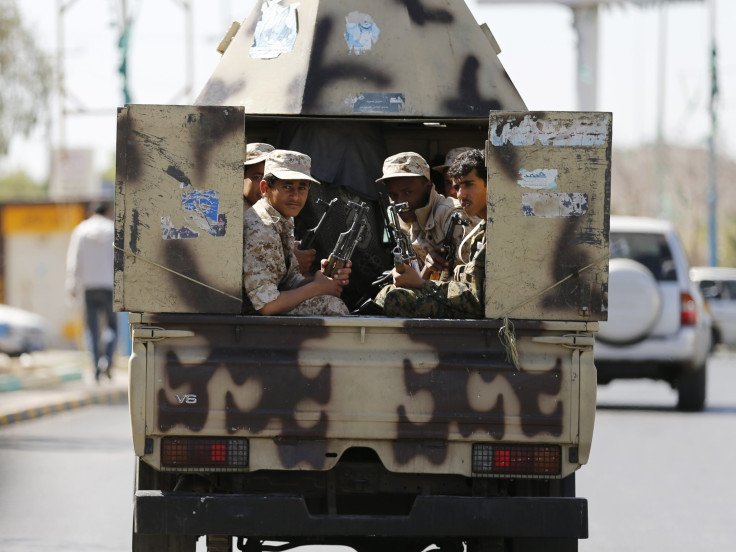Yemen's Political Factions To Form 'People's Transitional Council': UN

The political crisis in Yemen seemed to move toward resolution as various parties in the country agreed on the formation of a "people’s transitional council," Jamal Benomar, the United Nations special adviser on Yemen, announced on Friday. The move comes shortly after a takeover by Shia Houthi rebels raised fears of violence in the deeply divided nation.
"This progress is not an agreement, but an important breakthrough that paves the way towards a comprehensive agreement," Benomar said in a statement, according to a Reuters report.
Under the interim deal, Yemen’s existing 301-member house of representatives will stay in place, but the upper house will be replaced by a new transitional council, consisting of historically underrepresented minority groups, like women, youth and those from Yemen’s politically restive south. The two bodies will be responsible for drafting legislation together.
However, Benomar added that issues surrounding the presidency and upper ministries, which were vacated under the Houthis, still need to be resolved, according to media reports.
Yemen has been politically unstable since the Shia Houthis seized the capital city of Sanaa in September. In January, they rejected a constitution proposed by former president Abed Rabbo Mansour Hadi and captured key government buildings. Hadi and other top government officials were placed under effective house arrest and resigned in protest.
Earlier in February, the Houthis announced that they would dissolve the parliament and install a five-member “presidential council,” following the breakdown of multi-party talks. The U.N. had not recognized the previous declaration, calling it a unilateral decision and expressing “deep concern” over the country’s future. The Security Council also adopted a resolution unanimously calling on the Houthis to relinquish control of the government.
In recent weeks, several countries, including the U.S., Saudi Arabia, and the U.K., have pulled their embassy staff out of the country.
© Copyright IBTimes 2025. All rights reserved.





















